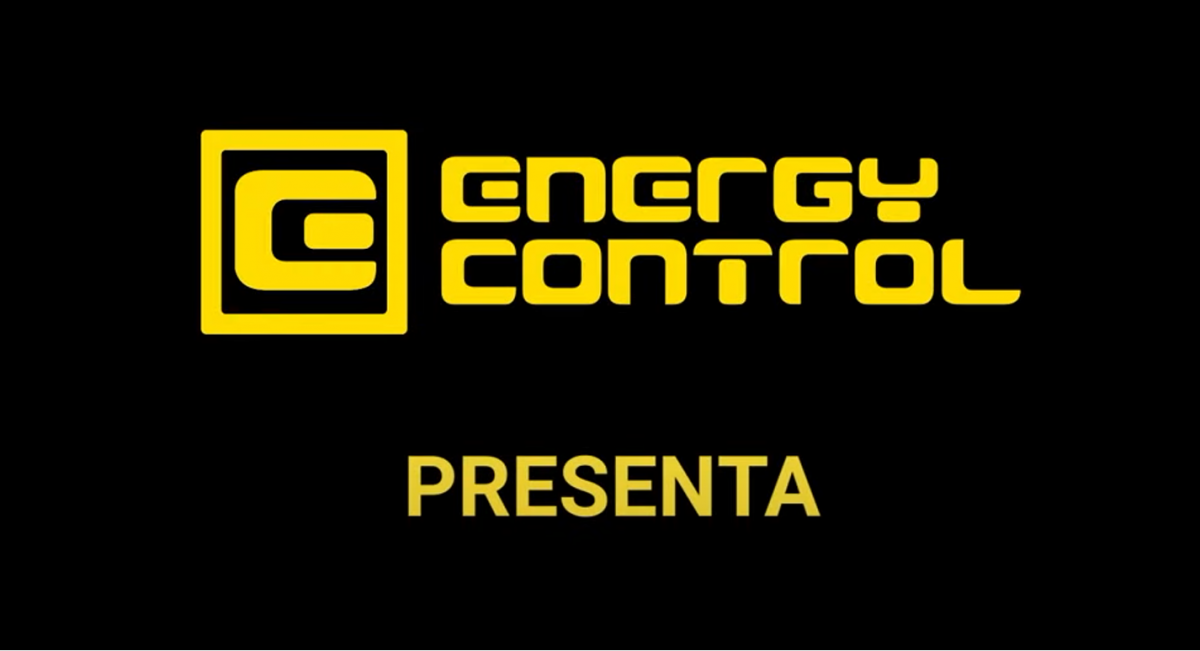Plans to open a drug rehabilitation centre for women in Dubai, United Arab Emirates (UAE), may lead to better health outcomes in a country notorious for its tough drug laws.
On July 17, Dr. Abdulqadar Al Khayyat, chairman of the Erada Center for Treatment and Rehab, discussed his plans to open another rehabilitation facility in Dubai to respond to the “increase in the number of women and children consuming drugs”. While drug rehabilitation services are available for both men and women through the National Rehabilitation Centre (NRC) in Abu Dhabi, Dr Al Khayyat’s plans will see the creation of the first rehabilitation centre in Dubai specifically targeted at women.
This development comes after the passing of a UAE federal law amendment in late 2016 that has led to a range of relatively progressive drug measures in the country. The law mandated the opening of additional rehabilitation centres in the country, and reclassified drug use as a misdemeanour rather than a felony. This provides judges with the flexibility to offer drug addiction treatment as an alternative to incarceration.
Despite this reform, the UAE continues to practice exclusively “abstinence-based detoxification services,” with no implementation of harm reduction policies, according to Harm Reduction International.
There is a demonstrated need for new rehabilitation centres to cater specifically to women. According to Dr. Al Khayyat, the Erada Center receives calls from other clinics around the UAE asking for specialised assistance on how to help female patients.
This development counters the dominant conceptualisation of drug use in the region as a masculinised issue – the idea that drug addiction exclusively affects males. The assumed maleness of people who potentially or actively use drugs can be seen for example, in Nation Without Drugs, a quarterly magazine released by the Dubai Police Anti-Narcotics Department and sponsored by the National Rehabilitation Centre. One recent article describes people who use drugs as “young men” and consistently uses images of males as illustrations.
By ignoring women who problematically use drugs, as the NRC notes, there is a “lack of information and accurate statistics,” about drug use and addiction among women in the UAE, and thus, insufficient “appropriate evidence-based treatment models for women.” Despite this lack of information, studies from other regions can indicate some of these gender-specific differences in drug use and addiction.
Firstly, gendered societal norms influence the occasions and environments for drug use, and in turn, affects the drugs women typically use. The United Nations Office on Drugs and Crime (UNODC) found that globally, women are less likely than men to use cannabis, cocaine or amphetamines, and more likely to use prescription opioids and tranquilisers.
According to the UNODC, women who use drugs problematically were more likely than men to report “a history of over-responsibility in their families of origin,” by subjecting them to excessive expectations, and “exposure to childhood and adult trauma.” Additionally, more often than their male counterparts, these women experienced mood and anxiety disorders that “typically predate the onset of substance-use problems.”
In accessing treatment, the UNODC reported that women face more barriers than men, including the lack of availability of female-specific programmes, a lack of childcare, and increased stigmatisation. Thus, fewer women who use drugs problematically enter rehabilitation programmes.
The new Erada centre for women, which will also be tasked with conducting research, may reveal how gender differences specifically manifest in the UAE. The centre will also offer both in-patient and out-patient care with detox, a twelve-step programme, and spiritual and nutrition counselling and neurofeedback. In-patient treatment, when appropriate, will include the “cautious, limited application of replacement drugs to soften painful withdrawal symptoms”. It is unclear if this will include evidence-based treatment options, such as opioid substitution therapy.
While it is undoubtedly worthwhile to address gender differences in problematic drug use, it is vital to recognise that this centre operates as part of a wider prohibitionist approach in the UAE that focuses upon abstinence and the elimination of drug use, rather than harm reduction.
The UAE continues to support international efforts “to fight and eradicate drugs,” and the NRC endeavours to promote “the culture of fighting drugs of any kind.”
So, although gender-specific treatment offers potential for reducing the harms of drug use, the UAE’s wider approach continues to propagate prohibitionist ideas. This not only increases the stigmatisation of people who use drugs – a known barrier to accessing treatment – but also continues to criminalise both men and women who continue to use drugs. The new Erada facility must not distract from the fact that it is imperative for the UAE to move towards harm reduction.


